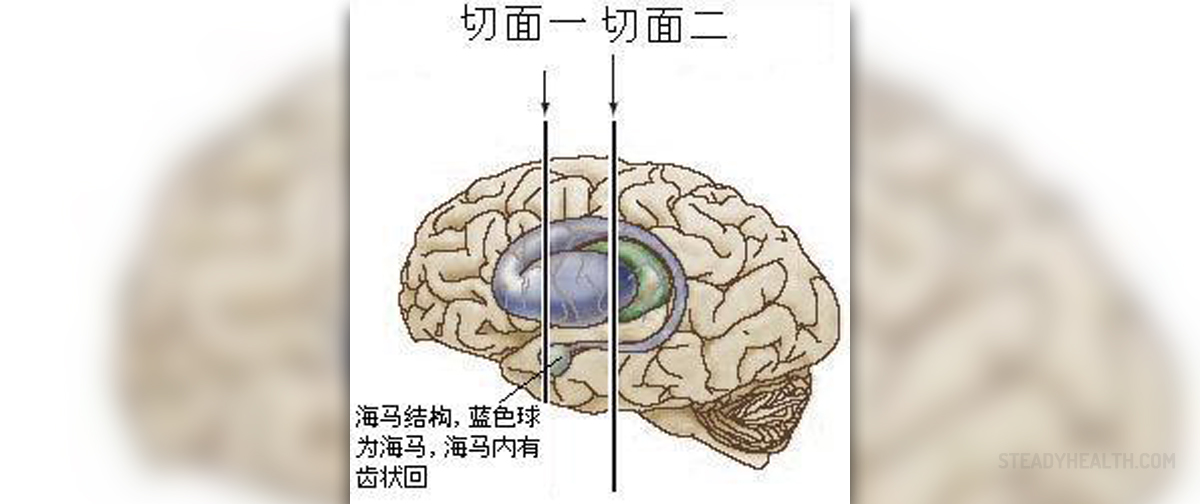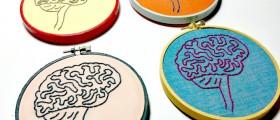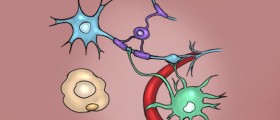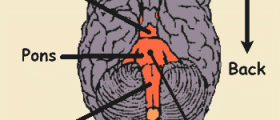
It is possible for estrogen to directly influence our brain function. It does this through estrogen receptors that are located on neurons in various different areas of the brain. Seemingly, estrogen also has a direct membrane-mediated effect on neurons. Effects of estrogen on the brain are both neurotrophic and neuroprotective. In some cases, estrogen can also protect isolated neurons from oxidative stress, ischemic injury, hypoglycemic injury, and damage by amyloid protein. The latter has been connected to the development of Alzheimer’s disease, and also helps to stimulate nerve growth.
Estrogen and the brain
Estrogen has an important influence with regard to blood supply. The brain relies entirely on blood flow in order to properly function. With this in mind, estrogen can serve to increase cerebral perfusion. Estrogen also stimulates the release of nitric oxide, thus leading to vasodilation. Estrogen’s influence on blood flow has been indicated through several studies, one of which showed that postmenopausal women exhibited a significant decrease in blood flow.
Estrogen can also act as an anti-inflammatory agent at the blood vessel wall. This can help to protect the blood vessel wall from damage by cytokines, free radicals, and can also impede plaque formation.
With regard to older women, brain volume can decline as estrogen levels fall in the perimenopausal period. Often, this atrophy occurs in the hippocampus and parietal lobe. These areas are particularly associated with cognition and memory. This loss of brain volume does not normally occur in men until a decade later than in women. This is most likely due to the more gradual decline in sex hormone production that occurs in men.
Cerebral changes in women that occur during this time could possibly be connected with the frequent perimenopausal complaints of decreased mental clarity and short term, verbal memory problems.
Loss of cognitive function is often connected to an endogenous estrogen deficiency. Menopause and estrogen loss is often associated with a slowing down of brain processing speed. This is particularly important in terms of postural stability. This depends on the recognition of sensory input and the initiation of an appropriate physical response. Lowering of the estrogen levels can also have an influence on bone density.
For the most part, those going through the menopause are no more vulnerable to clinical depression than other women. However, risk of depression can be increased during the perimenopausal period. It is thought that up to eighty per cent of perimenopausal women develop mild symptoms of depression.









_f_280x120.jpg)







Your thoughts on this
Loading...